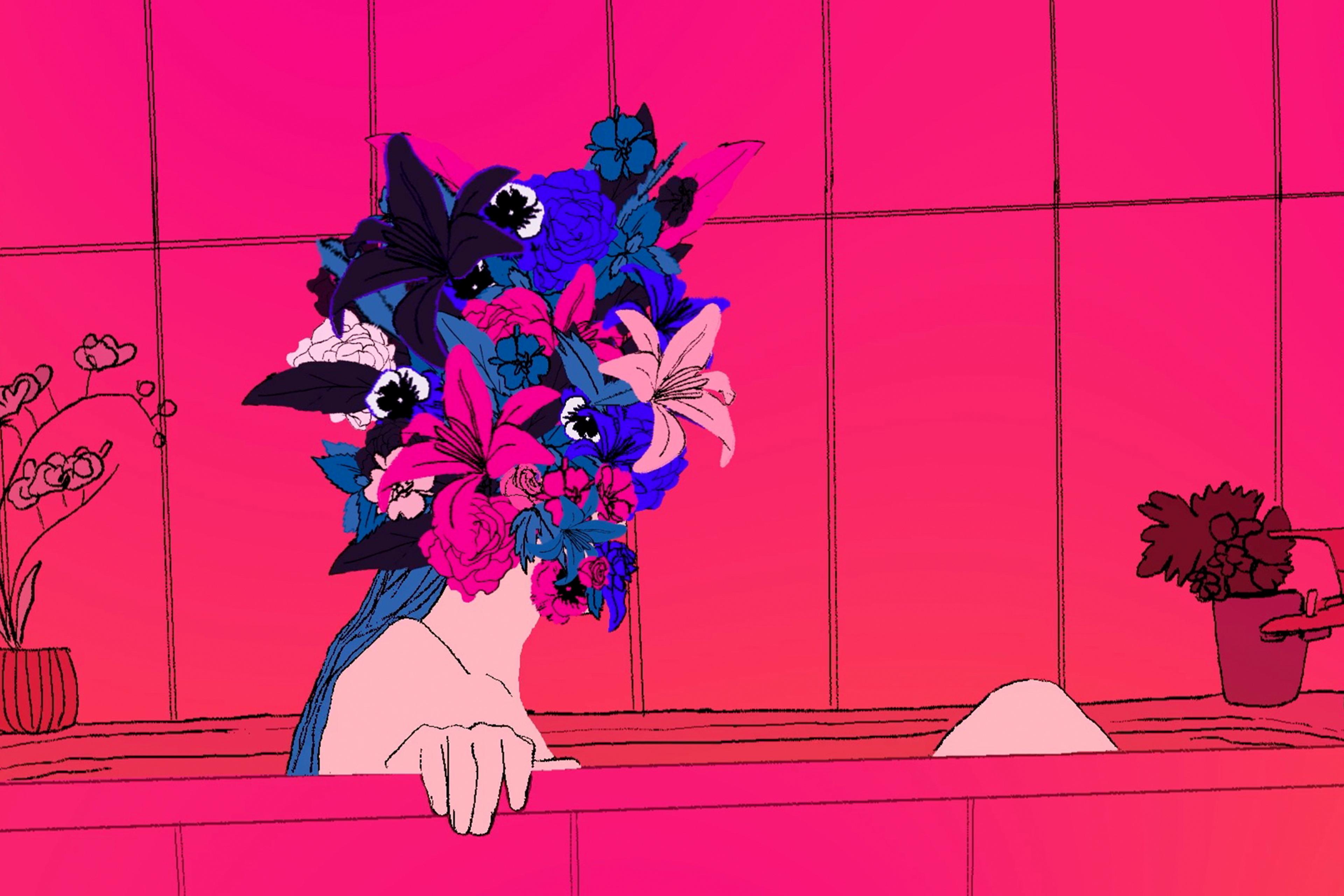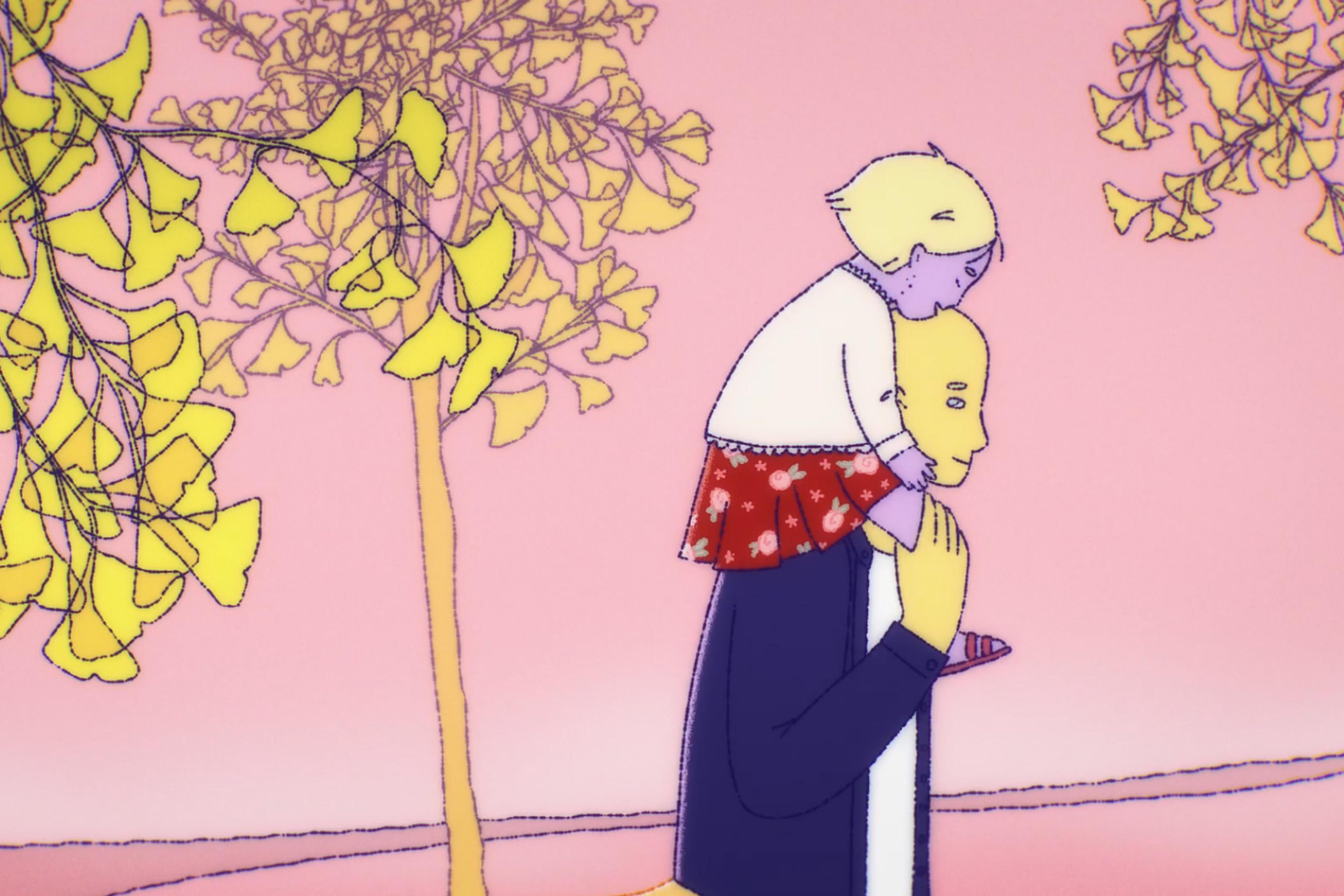As a child in Denmark, Karin Dilou was uncomfortable in her own skin – especially around her parents, who wanted a boy and were deeply disappointed she was born a girl. She later moved to California, determined to pursue a peaceful life in the countryside, far from other people. But, living with undiagnosed bipolar disorder, she suffered a painful break from reality, and found herself taken away in handcuffs and locked up. ‘I was half dead,’ she says of the devastating experience. ‘I’d rather die than anybody should lock me up again.’
The short documentary Alpha Mare by the US directors Mimi Wilcox and Victor Tadashi Suarez pays a visit to Dilou’s home in Nicasio, California, where she lives with her beloved herd of Danish Warmbloods. Sweeping shots capture the grandeur of the scenic landscape, with Dilou recalling how she came to find herself and regain her footing through her relationship with these animals. Among horses, an alpha mare is a herd’s strong female leader. To establish herself in that role at the top of the hierarchy, Dilou has had to act as a wise and decisive leader to earn their trust. She’s charted this path through insights and empathy gained during her time locked away. ‘They are flight animals. They’re terrified of being locked up,’ she says. ‘I’ve been there myself.’ In return, the horses provide her a confidence, camaraderie and stability that has eluded Dilou throughout much of her life.
Although a sparse and subtle production, Alpha Mare deftly moves between a wide array of themes across its 10 minutes. On the surface, there’s society’s often inhumane treatment of those living with a mental illness, which can exacerbate and prolong suffering. Another theme is home, which Dilou finds a continent away from where she was born – although with the animals she fell in love with in her youth, and with a nod to her birth country in the name of her beautiful estate, Danehill Manor. Weaving through it all is the search for peace with one’s place in the world and, through that, with oneself. And, as the directors’ rendering of Dilou’s story illustrates with cinematic grace, it’s a journey that can take many winding paths.
Written by Adam D’Arpino







